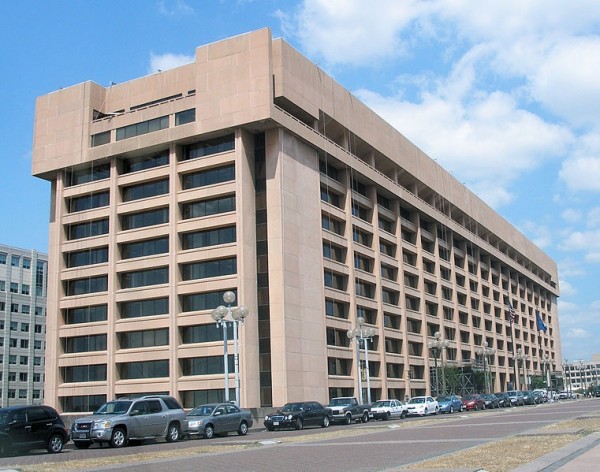Should the USPS Diversify into Nonpostal Markets?

One possible solution offered up for the struggling U.S. Postal Service is to allow it to diversify into nonpostal commercial markets (e.g., insurance, logistics, banking, etc). After all, the share of revenue generated from diversified products at foreign posts has been on the rise and in many cases now accounts for the majority of a post’s revenue.
However, a new paper from postal expert Michael Schuyler concludes that the USPS entering “new nonpostal commercial ventures would probably end badly.” Here are some of the important takeaways from Mike’s paper:
- “When foreign posts move into nonpostal markets, they often extract large sums from postal ratepayers and the government (which ultimately means taxpayers) to cover start-up costs.” The USPS is bleeding red ink and thus doesn’t have money for start-up costs – so it doesn’t take a genius to see where the money would have to come from.
- When it comes to nonpostal commercial ventures, the USPS has an abysmal track record. Mike cites a Government Accountability Office report that looked at new postal products introduced over a two-year period and notes that “Among the nonpostal products on the list were retail merchandise sales (profitable), several electronic initiatives (all money losers), and the processing of credit card payments (unprofitable).”
- Diversified products at foreign posts usually earn lower returns compared to industry averages. “Below-average profits suggest that when postal operators enter nonpostal commercial markets, they displace more efficient private-sector businesses, leading to less productive and vibrant economies.”
- Would the USPS and its new private sector competitors operate on a neutral playing field? That’s doubtful. As I note in an essay on postal privatization, the USPS already enjoys several privileges including exemptions from taxes and various regulatory requirements. Mike notes that “special breaks would misallocate resources, raise fairness issues, and might have high costs for the overall economy.”
In sum, it’s a really bad idea. Unfortunately, policymakers in Washington have a soft spot for bad ideas.
–
This article, originally published at Cato at Liberty by Tad DeHaven, is reprinted with permission from the Cato Institute.



